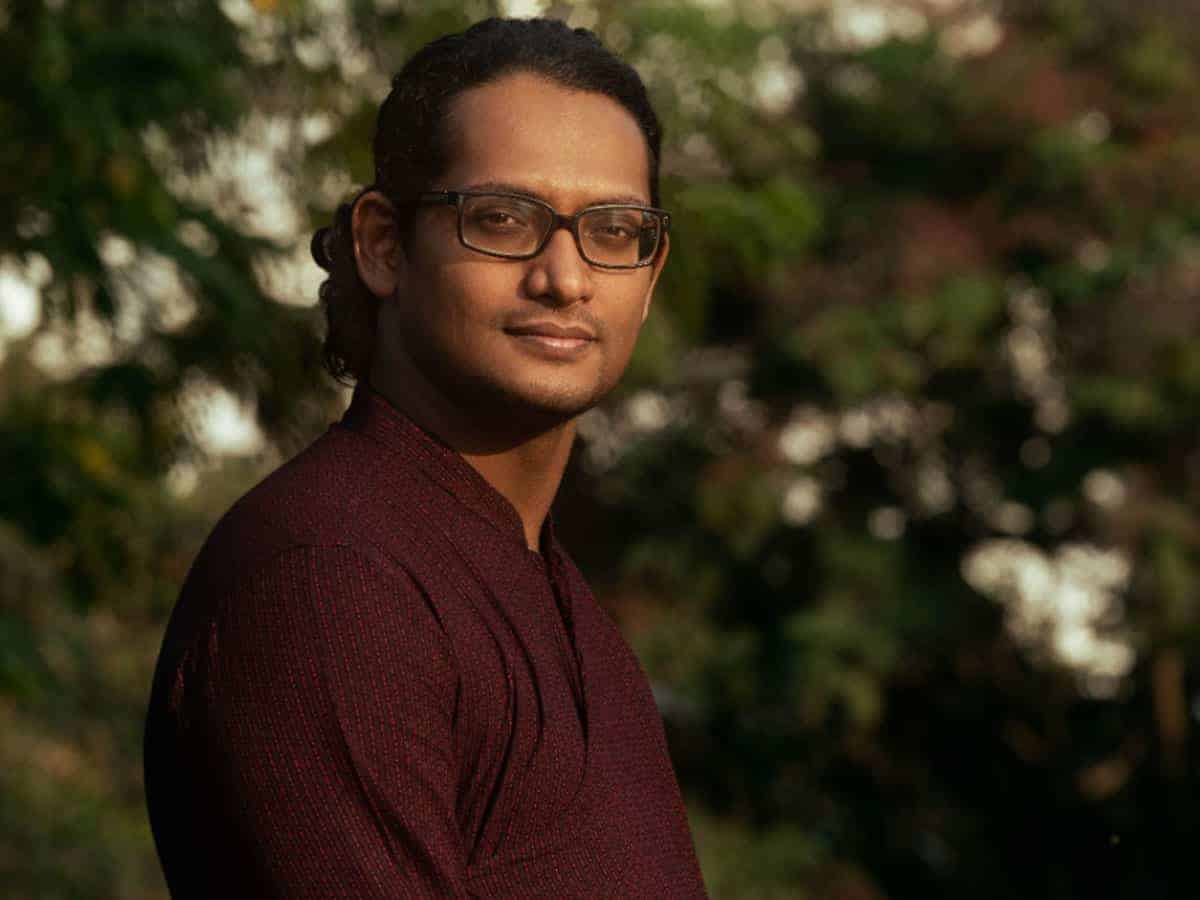Hyderabad: “Like most other South Indian men I was prepared for a life of an engineer,” remarks Anirudh Kanisetti laughingly, while talking about his crossover or transition in life from engineering to history. His life took a completely different trajectory, for the better, when in his second year of engineering, he discovered his love for history; specifically the history of medieval south India.
Since then, 26-year-old Anirudh has been working with and on unearthing how history works to influence our world and its mechanisation today.
Kanisetti’s upcoming book “Lords of the Deccan: Southern India from the Chalukyas to the Cholas” is to be published in January 2022 by Juggernaut Books. It hopes to explain the medieval south’s influence on politics and culture in contemporary times by focusing on exploring medieval political power and globalisation. His excitement for the long-gone past – the good and bad shades of it – is palpable.
Speaking to Siasat.com, Kanisetti states that he has never formally studied history. “I was first drawn to history when I visited Kolkata. The presence of history is very out-there and I was curious to see how the same operated in South India.”
As of 2021, Kanisetti has worked as a public history writer since 2018 and currently serves as the editor on the Encyclopaedia of Indian Art at the Museum of Art and Photography.
He further adds that there is only so much one can discern from the history born out of the Gangetic plains and there exists a gaping hole in our understanding of south Indian history. “While North Indian history shows its presence in an overt fashion, the way history is employed by political parties and culture in south India is far more subtle.”
Kanisetti was referring to the presence of Kakatiya Vidhya Bhavan in modern-day Hyderabad or the Telangana state emblem which has a motif, the Kakatiya Kala Thoranam, borrowed from the Kakatiya dynasty. The point he makes is a simple, lucid one: That history is used often to celebrate our now dead rulers and offer the gentry the promise of wealth and progress.
“I am not against celebrating the past. But it is limiting to reduce the past to just a great time of progress or to discard it as completely demonic,” he adds. Medieval south India was not a great time for women or for other oppressed groups.
But it is worth noting, according to Kanisetti, that despite all the violence born of ambition, there was healthy patronage of art and architecture and a time of great mobility. In fact, poets and priests from Kashmir were said to have been employed in the Deccan empire which hints at how cultures spread and merged to form a cohesive whole.
Kanisetti’s book will mainly be focusing on the kings belonging to the Chalukyas and Rashtrakuta empires. The idea, he remarks, is to see how the kings influenced their subjects back then and how that influence continues to shape history up until date.
While one has to wait until January to know more, Anirudh Kanisetti’s book has started to garner attention already. Noted historian William Dalrymple, read the draft of Kanisetti’s book and has called the author a “major new talent”.
When asked about why history matters, Anirudh simply remarked that it is worthwhile because people are no different now than they were back in medieval times.
“I chanced upon a letter from the 11th century by an Arab merchant. His wife asks for a divorce and he states that he would grant it because he loved her even though it would cause him deep anguish. Those sentiments don’t wither away. People back then wanted love, wealth and adventure as much as they do today and hence to better understand our legacy, we need history.” he concludes.

